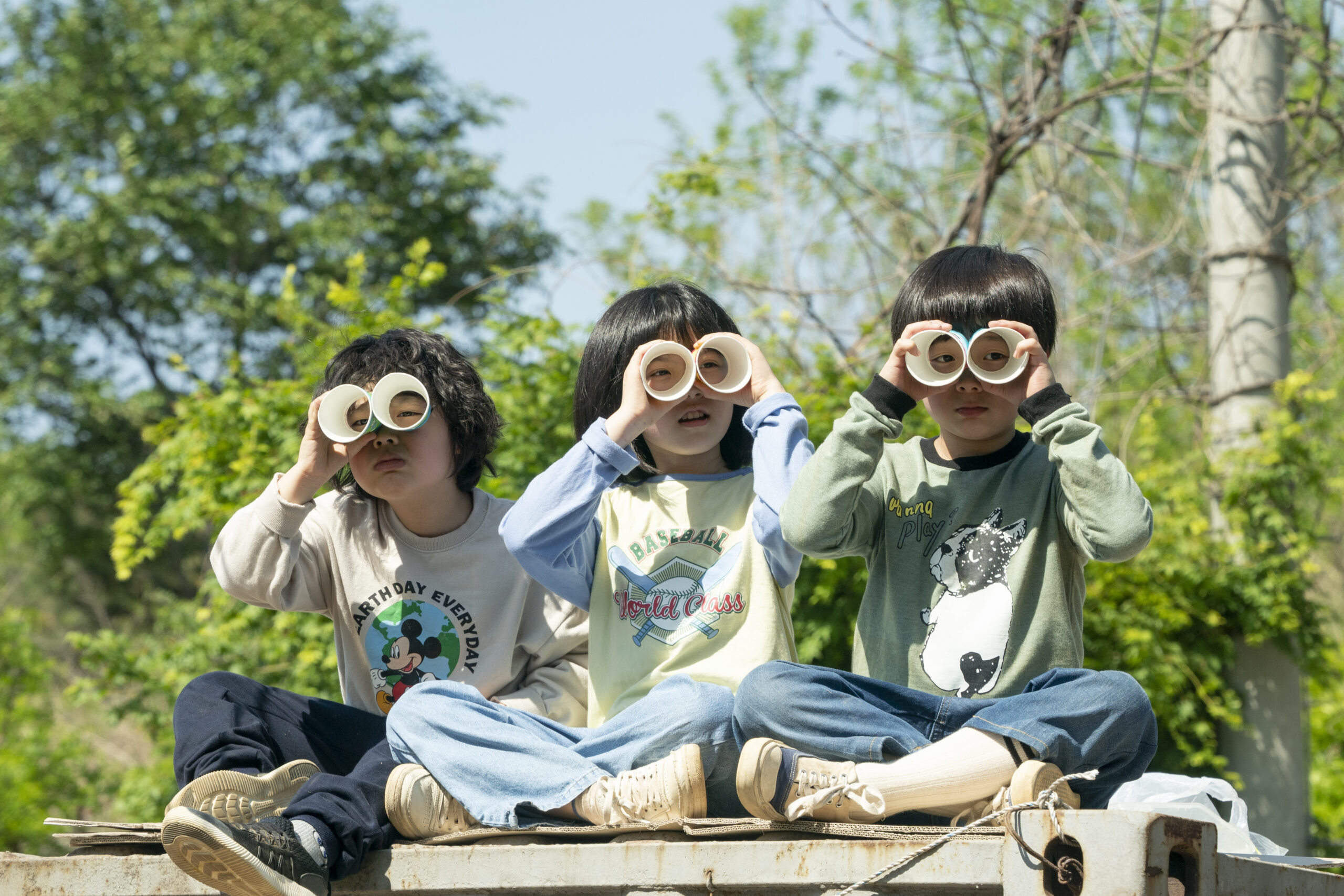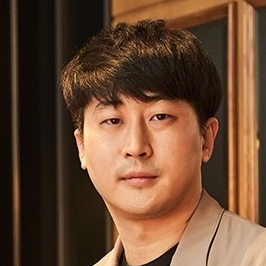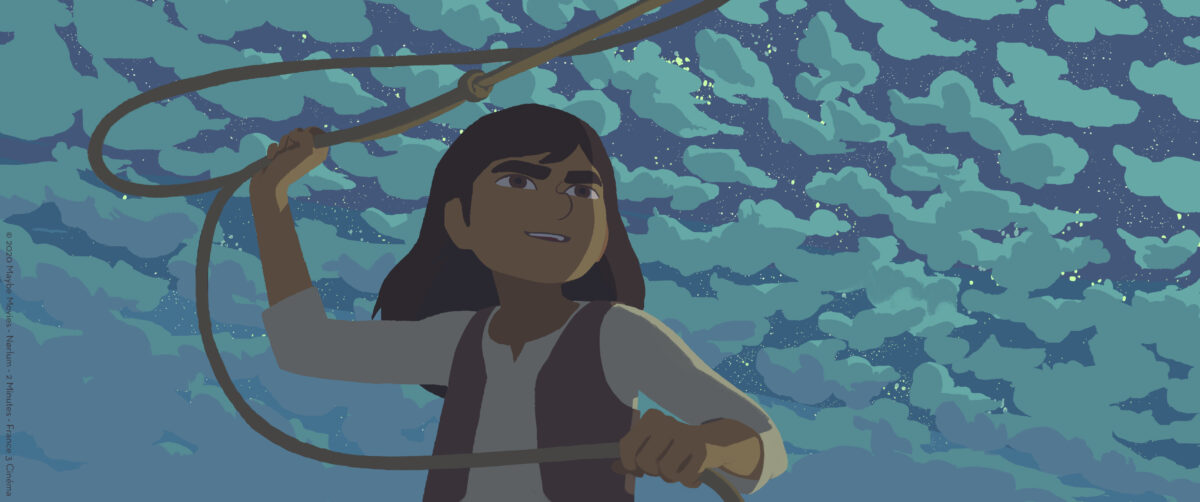Lee Ji-Won, the director of Kids Are Fine, as interviewed by Piotr Czerkawski

Lee Ji-Won, the director of Kids Are Fine, as interviewed by Piotr Czerkawski
Piotr Czerkawski: Would you agree that there is something of a classic road movie in your film Kids are Fine – a story about a 9-year-old Da-yi, who together with his friends sets on a journey to a hospital located on the outskirts of the city to visit his sick mother?
Lee Ji-won: Kids are Fine is certainly not a typical representative of the genre and I have never thought about this film in these terms, but it does contain elements of a road movie. The most important one is probably the main character’s transformation we witness in the finale. For him, a journey understood in literal terms turns into a metaphorical one, leading deep into himself. I personally like road movies, so it was natural for me to lead the plot in such direction. My favourites are Thelma & Louise, Rain Man and, of the more recent titles, The Secret Life of Walter Mitty.
What is the most important aspect of Da-yi’s transformation?
I guess most importantly, his attitude towards his relationship with the society changes. At the beginning of the film, Da-yi seems to think that his mother is his whole world and that he wouldn’t be able to function without her, but at the end, when his mother dies, the boy receives a lot of warmth and support from those around him, which allows him to overcome his feelings of sadness. For Da-yi, this is fundamental, because he used to be obsessed with the need to be like everyone else – having a ‘normal’ family with both parents. As time goes by, however, he realizes that there are different types of families and relationships, and therefore many ways to achieve acceptance and fulfilment.
It’s no secret that many adults don’t know how to talk to children about difficult issues such as death, suffering and bereavement. What advice could you give them from the perspective of a filmmaker who has just dealt with such topics in a film?
I don’t think we can come up with a single solution that will always work for everyone. But I do think it’s extremely important not to patronise young people. Working with children, I’ve learned that they can always surprise you and behave in a much more mature or infantile way than you would expect them to in a given situation. Any calculation is therefore pointless – so is assuming that “a child doesn’t need to know everything”, or “my son is too young, he won’t understand anyway, so it’s better to hide the truth from him”, etc. In any case, it is better to prepare for a thorough and honest conversation that will allow you to understand your children’s feelings and find a way to alleviate their negative emotions.
What was your way of making sure that the child actors in your film were comfortable and that working on a film as emotionally charged as Kids are Fine wasn’t too overwhelming for them?
First of all, I devoted much more time and patience to children than to adult actors. Also, I decided to shoot the film in chronological order to make sure that the young actors would connect with their characters instead of looking for difficult emotions within themselves. The biggest challenge in this respect was the scene at the end of the film where Da-yi is talking to his dying mother. I had to be absolutely sure that the actor playing Da-yi was aware that we were in a world of fiction, creating a scene from the life of a character that had nothing to do with him. To do otherwise and to get the boy to imagine that his real mother is ill in order to create the emotion we needed in the scene would have been tantamount to psychological violence for me, so I absolutely did not want to follow that path.
While working on your film, did you refer in any way to the emotions you yourself experienced as a child?
I see my childhood as a rather peaceful one. Both my mum and dad were very devoted to the family, so I received a lot of love. At the same time, they taught me that other people are just as important as I am and that I shouldn’t look down on anyone. They also practiced what they preached. My father, for example, trained shooting and coached physically disabled athletes. Many of them regularly visited our house, so from the very childhood I was getting used to the fact that people who, for some reason, are different from us, live differently from us, should be treated in a kind, open and unprejudiced way. In retrospect, I think that this concept is extremely important and I certainly wanted to instil it in the young viewers of Kids are Fine in some way.

Lee Ji-Won
In Kids are Fine you focus not only on the main character, but also on his schoolmates. For me, particularly interesting is the case of Da-yi’s friend, who is constantly forced by his mother to study and participate in extracurricular activities.
I do not know about other countries, but I am afraid this kind of pressure put by parents on their children is common in Korea. On the one hand, it is an individual matter, connected with forcing one’s own, often unfulfilled ambitions and unrealised dreams on one’s offspring. On the other hand, all this is also due to the structure of Korean society, which is focused on promoting rivalry and competition among the youngest citizens. This is a very oppressive situation, in which the parent often assumes that since they love their child and do not want him or her to fall behind, they must forever encourage the kid to work. In this way, the circle closes, and young people are deprived of the most beautiful aspect of childhood, namely the freedom that is intrinsic in it.
Eventually, your characters assert their independence and, without telling their parents, set off on a long bus journey. Do you mean to say that the path to childhood happiness leads through rebellion against the world of adults?
Personally, I wouldn’t call the attitude rebellious. For me, it is more about having the courage to do what you want to do at a given moment. From a parent’s perspective, this may seem like rebellion, but children would probably see it more as an honest expression of their desires and emotions. Of course, it would be amazing if the world was a more open and less rigid place, where parents allow their children to express themselves freely, pay attention to their desires, know how they really feel and what they actually want. Unfortunately, reality is rarely so perfect, so children, wanting to live in harmony with themselves, often have no choice but to lie to adults and go against their will.
You can see that the characters want to escape the watchful eyes of adults long before they get on the bus.
It’s true. For children, the reality depicted in the film is overwhelming. No wonder the characters seek escape from it even in brief glimpses of everyday life. One of such moments is captured in the scene where they run idle at a deserted square and use branches to hit a container. It is worth noting that the characters can be so joyful because there are no adults around. Their presence is usually associated with stress, a sense of dependence and hierarchy. Only when all this is gone, even for a moment, can the children feel truly free.
At the end of the film you decided to return to the extraordinary bond between Da-yi and his mother. What made you decide to abandon the realistic tone of the story and present the final sequences through animation?
I wanted to find a way for the mother to express her gratitude to Da-yi. I also wanted to unveil a new dimension to their relationship that would go beyond the standard mother-son love and have more to do with the friendship that two equal individuals have for each other. All this would have been difficult to achieve through a realistic monologue. That is why I decided to present the whole thing through a parable about a child and a tree, the metaphorical nature of which was perfectly suited for animation.
Kids are fine premiered during the coronavirus pandemic – the time when Da-yi’s characteristic feelings of being lost in reality and uncertainty about the future became much more common for us than before. Did this thinking somehow influence your approach towards the film?
I wrote the script at a time when no one in the world had yet heard of coronavirus, but on the set, we were already working under a sanitary regime. At the time, I hadn’t yet thought about the relationship between my film and the pandemic. However, the thought struck me just after we finished shooting. I started asking myself, “What if under the current circumstances my film proves too painful for some viewers?” – I was concerned that if someone lost their loved ones to the pandemic, they wouldn’t want to go to the cinema to see a film that would bring back those memories... Later, however, I came to the conclusion that there aren’t many scenes in Kids are fine that literally show Da-yi’s grief or his mother’s suffering. After all, the main theme of the film is not mourning death, but adapting to the changes in the surrounding reality. I really wish that this film turns out to be, above all, a story about how children perceive the world around them and how they can cope with adversity.


